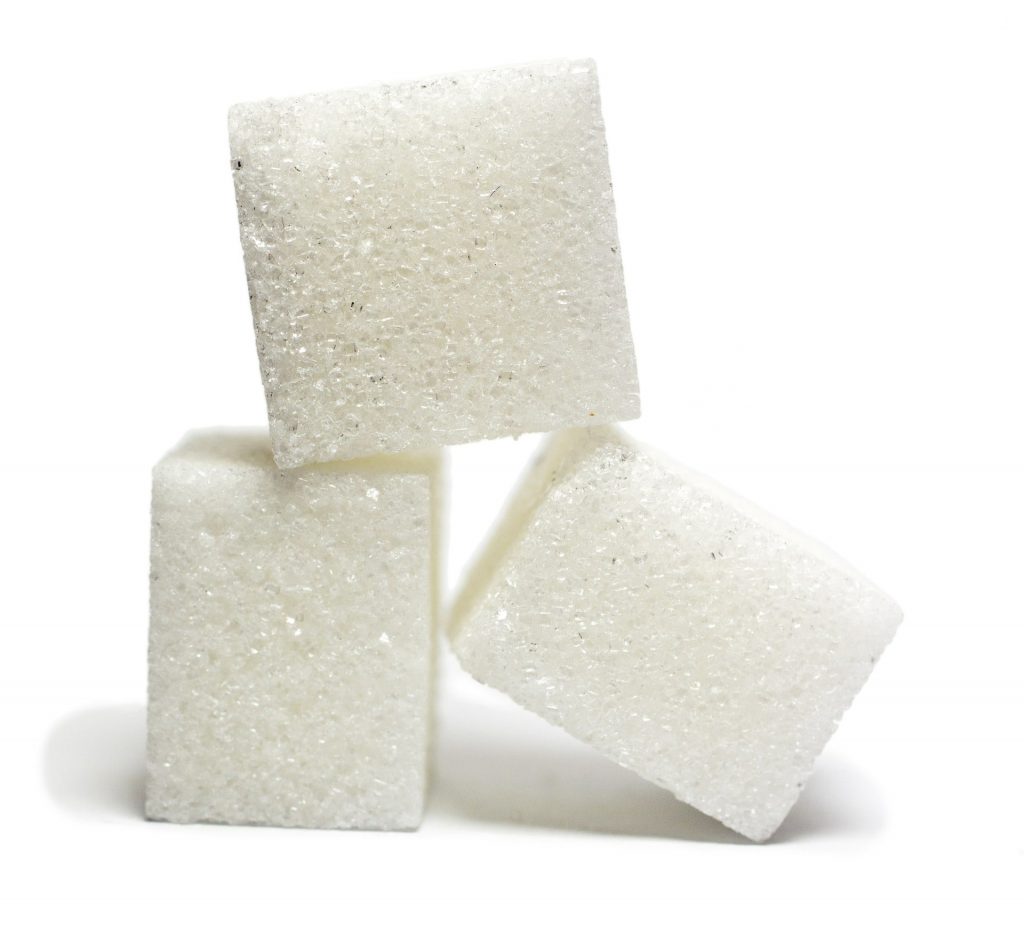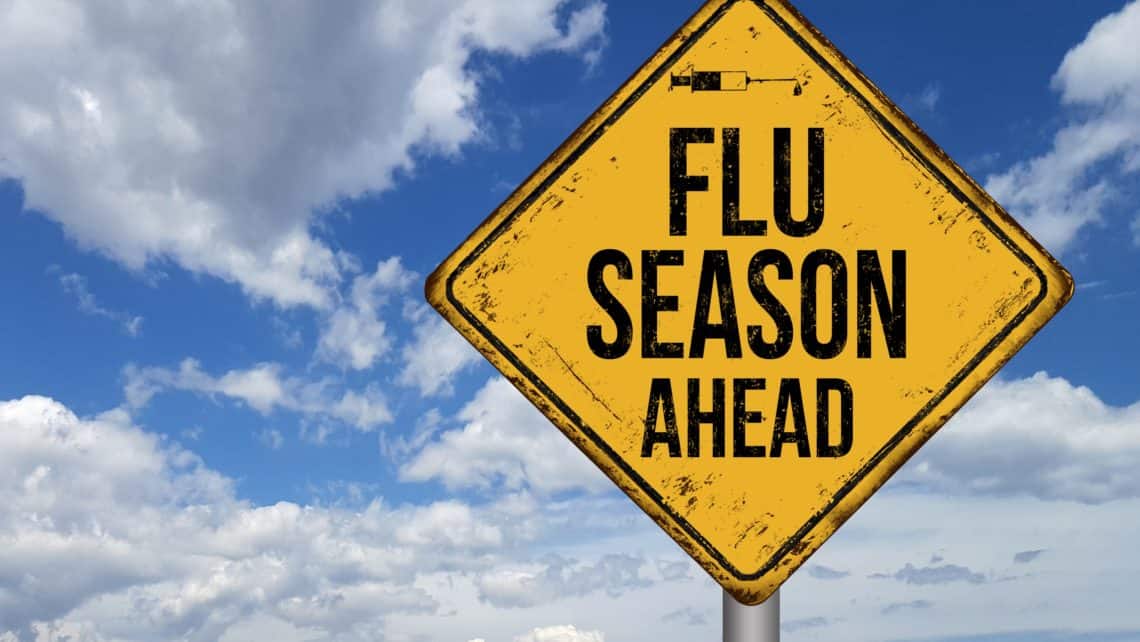Brisbane dentist
Oral Care and the flu season
While the world is reeling from the effects of COVID-19, it is also prudent to remember that the winter season in Australia is about to start, and thereby the flu
Is it Safe to Visit the Dentist?
With the coronavirus disease now deemed a pandemic by the World Health Organisation, the Australian Dental Association provides updated information about preventive measures that should be applied by dental clinics.
Emma Rose Smile Transformation with Dr. James Malouf
Its not everyday that I get to work with high profile entrepreneurs in their respective fields. You can imagine that when I received the opportunity to help Emma Rose improve her smile, I was quite honored that she had chosen me as her cosmetic dentist.
Choosing Porcelain Fillings over Other Options

Your dentist requires you to undergo dental filling once a cavity needs to be filled. Fillings can come in a variety, but since other people opt for more natural looking, they then choose to have tooth coloured fillings. One of these is porcelain filling.
This type of filling matches the colour of the teeth, and so people are not bothered to smile or laugh given that they will not be conscious about the way their teeth looks. Also, there are many things to look forward to when it comes to porcelain fillings.
How are Porcelain Fillings placed?
- Your dentist will examine first your cavity including your past dental records. Afterwards, your dentist will prepare the enamel intended for filling by means of removing excess food debris and decay using a drill or air abrasion.
Best Way to Prevent Cavities
 Most people are afraid of visiting dentist because of the “terrifying” tools and equipment used to remove damaged teeth. Therefore, prevention is the greatest protection when it comes to cavities. So when you do your oral hygiene, do it consistently and significantly. In this way, you can prevent cavities from coming in your way.
Most people are afraid of visiting dentist because of the “terrifying” tools and equipment used to remove damaged teeth. Therefore, prevention is the greatest protection when it comes to cavities. So when you do your oral hygiene, do it consistently and significantly. In this way, you can prevent cavities from coming in your way.
Different Types of Cavities
You should know that cavities don’t come in one form. They are not all the same, and your dentist is the only person who can tell you the kind of tooth cavity you have after performing examinations on your teeth by means of dental instruments.
Root Cavity
It is the most common type among adults who are probably experiencing receding gums. It appears on the exterior of the roots of the teeth.
Dental Insurance: 4 Reasons to Use Dental Benefits before Year-end
 This holiday season, how about your dental insurance- are you just going to lose it or definitely use it? Before year-end, it is crucial to use your dental benefits so you can get the most out of your dental insurance.
This holiday season, how about your dental insurance- are you just going to lose it or definitely use it? Before year-end, it is crucial to use your dental benefits so you can get the most out of your dental insurance.
With your dental insurance, you are provided with a particular amount of benefits every year. If you are not able to use such benefits, you only lose them.
Moreover, if you do not make use of your dental benefits even the month of December is already over, you’ll just lose any untapped dental benefits.
Why Use your Dental Insurance Now?
Here are the top four reasons why you need to maximise your dental insurance before the clock strikes 12 midnight on December 31st.
How Communication With Your Dentist Affects Oral Health
 In taking proper care of your teeth, gums, and mouth, regularly seeing your dentist is just as important as brushing twice and flossing every day. That is why dental care experts continue to stress that you should visit the dentist frequently, every six months to be specific.
In taking proper care of your teeth, gums, and mouth, regularly seeing your dentist is just as important as brushing twice and flossing every day. That is why dental care experts continue to stress that you should visit the dentist frequently, every six months to be specific.
However, there can be certain aspects that prevent you from getting the most out of your dental visits. One of these issues involve the effectiveness of communication between you and your dentist.
A team of researchers from the University of Florida found out that ineffective communication can still lead to poor dental and oral health despite visiting the dental clinic regularly.
Better Communication Is Needed To Uphold Oral Health
According to the findings of the study, the difference between the expertise of dentists and the limited knowledge of patients can create a communication barrier that keeps you from forming a great and effective dentist-patient relationship with your dental care partners.
How Your Saliva Upholds Dental Wellness
 You can easily describe saliva as the transparent fluid that fills your mouth, every time you are about to munch on your favourite treats.
You can easily describe saliva as the transparent fluid that fills your mouth, every time you are about to munch on your favourite treats.
Then again, you might not be entirely aware about this but the flow of saliva has other functions aside from aiding in the preliminary digestion of food. It actually plays an integral role in maintaining a healthy environment in your mouth.
All in all, it helps in protecting your teeth and gums from dental and oral health concerns so that you can enjoy healthy and beautiful smiles.
Here are the numerous ways in which saliva upholds dental wellness and oral health.
Dentist Brisbane: Kids, Their Parents, And Dental Phobia

For expert guidance when it comes to the well-being of your children’s teeth and gums, consult your trusted Brisbane dentist here at Malouf Dental. We can provide them with top-notch Children’s Dentistry so that they can maintain a healthy mouth as they grow up. Call us today on (07) 3390 6100 or book your appointment online.
To find this video on our Youtube Channel, please click the link below:
When Should Kids Start To Floss Their Teeth
Sugar Intake Should Be Reduced To Prevent Tooth Decay
 In spite of the significant effort put in upholding utmost dental and oral health, tooth decay is still one of the most prevalent chronic diseases in the world. In a global research on chronic illnesses, it has been found that tooth decay is the most common oral health problem, with a high global prevalence of 35 per cent. Here in Australia, out of 10 adults, 3 of which have untreated tooth decay.
In spite of the significant effort put in upholding utmost dental and oral health, tooth decay is still one of the most prevalent chronic diseases in the world. In a global research on chronic illnesses, it has been found that tooth decay is the most common oral health problem, with a high global prevalence of 35 per cent. Here in Australia, out of 10 adults, 3 of which have untreated tooth decay.
To address this concern, it is important to note that main factors that lead to its onset. One of the major causes of tooth decay would be sugar intake. There is an undeniable link between the two.
As you munch on those sweets, oral bacteria feed on the sugars to form plaque which constantly produces acids that damage your teeth. For this reason, it is crucial to keep a close watch of your sugar consumption.
The Reminder On Sugar Intake From WHO
Wary of the consequences brought about by sugar intake, the World Health Organisation released a set of guidelines in 2002. According to this, sugars should be limited to only 10 per cent of the total energy intake. This only sums up to 50 grams per day. In addition, it was also noted that the target should be only 5 per cent or just 25 grams a day.












